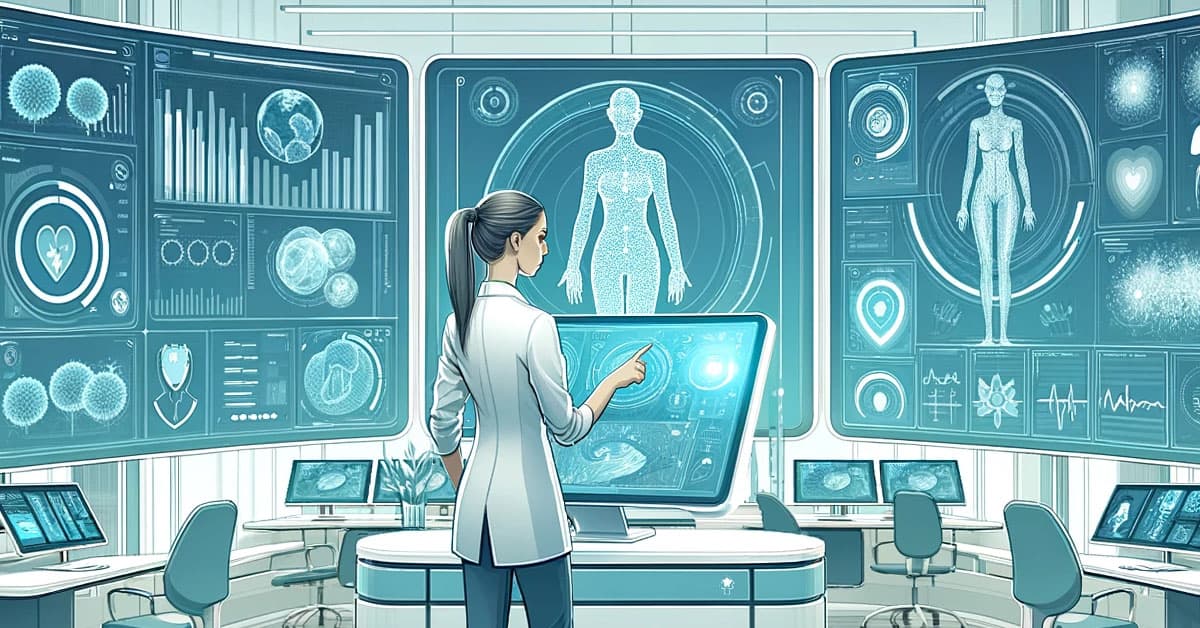Let’s be Florence Nightingale, Marie Curie and Katalin Karikó*
Throughout history, several women have had a significant influence and played a crucial role in the fields of Health and Technology. It was not easy, as women were relegated to the roles of mothers and caregivers. But despite all obstacles and social constraints, thanks to them, we can do much more today. Some examples from today and the past inspire us to break barriers and transform the world.
Throughout history, there have been several women who have had a significant influence and played a crucial role in the fields of Health and Technology. It was not easy, as women were relegated to the roles of mothers and caregivers. But despite all obstacles and social constraints, it is thanks to them that today we have the possibility to do much more. Some examples from today and the past inspire us to break barriers and transform the world.
Going back to the 19th century, a time when most women did not have access to education, one woman who is a great source of inspiration to me is Florence Nightingale. During the Crimean War (1853-1856), the founder of modern nursing, Nightingale, reduced the mortality rate of soldiers by improving existing sanitary conditions. She was also a great pioneer in public health statistics, having been the first woman elected to the London Statistical Society. Beyond the enormous contribution she made to healthcare, Florence completely changed the reputation of nursing.
Still in the 19th century, another woman who lived during that time and who has fascinated me since I was young is Marie Curie. She discovered polonium and radium and is the only person awarded two Nobel Prizes in different fields, Physics and Chemistry. Although she did not invent X-ray machines, she significantly contributed to developing radiography and radiotherapy. Curie had a huge social and cultural impact on women in Science. Her work made society reassess the place of women in the world of scientific research. Curie’s example motivated many women to enter the field of Science. However, difficulties remain, and although more women are working in Science and Technology, 89 years after Curie’s death, this number is still lower than that of men.
Today, despite not having as much female representation as male, women’s contributions to Health and Technology are increasingly noteworthy. Awarded the 2023 Nobel Prize in Medicine, Hungarian scientist Katalin Karikó changed the world by contributing to developing COVID-19 vaccines. We had never experienced a pandemic on this scale caused by a virus. I remember that two weeks before the borders were closed in Portugal, I was in Italy, completely unaware of what would happen. I was still a university student, and returning to college after the holidays, with the news that classes would be moving online, made me quite apprehensive. Our lives changed radically, and our freedom was restricted. Ordinary activities like shopping became a real challenge. There was a deterioration in mental health, not to mention the people who fell ill and lost their lives. But fortunately, everything returned to normal with the work of Katalin and her colleagues.
For me, it is almost impossible to imagine living in a time when I would hardly have access to education, would not have access to voting, and would not truly be independent. Nightingale, Curie, and Karikó are examples of courage and resilience. They challenged society and fought not only for themselves but also to improve the lives of others. It is thanks to their legacy that today there is a much larger number of women with opportunities also to make a difference.
Let us, therefore, be Florence Nightingale, Marie Curie, and Katalin Karikó.
*This article was initially published in Observador.



